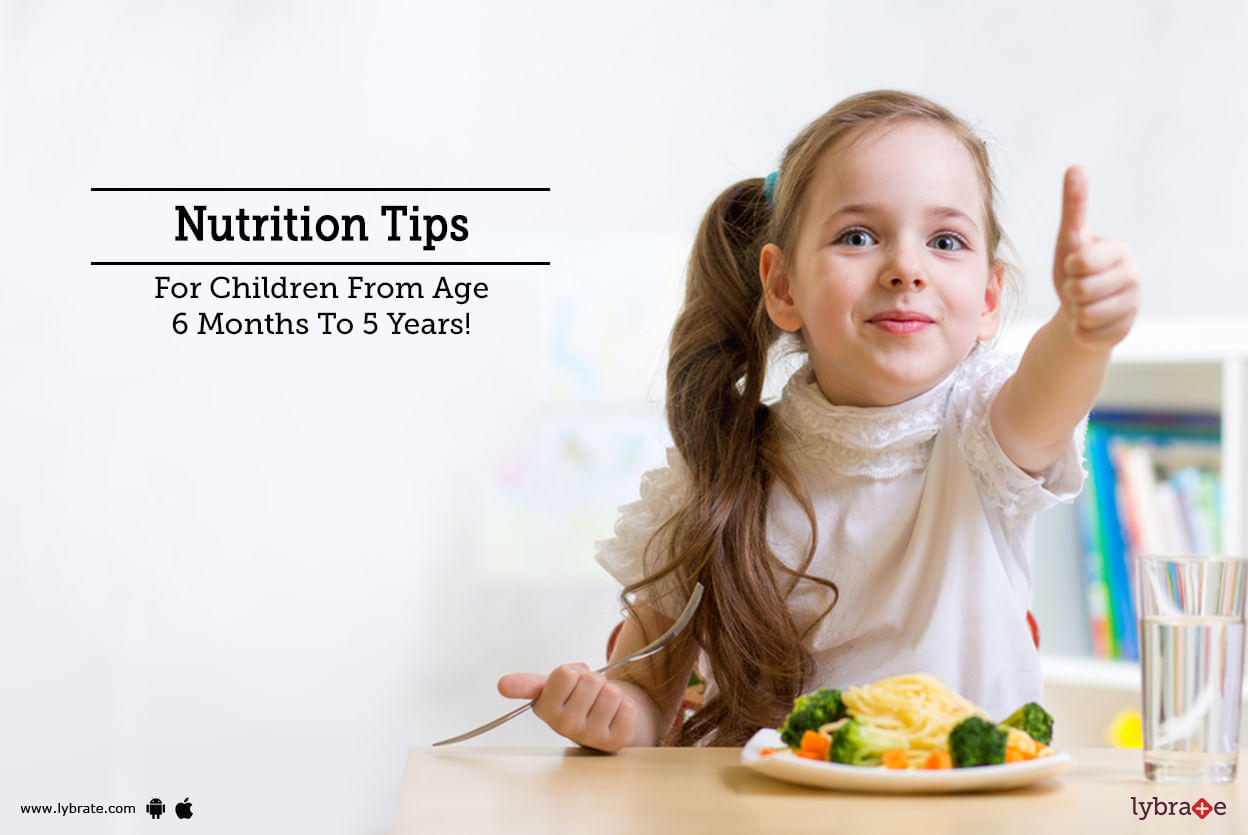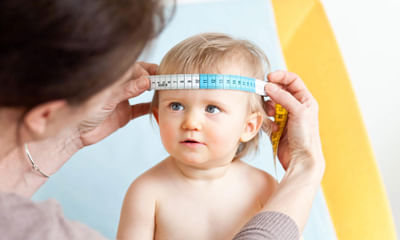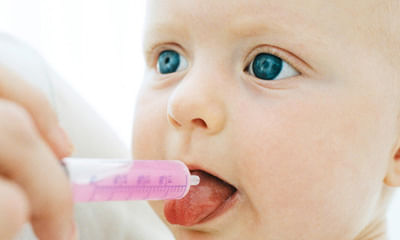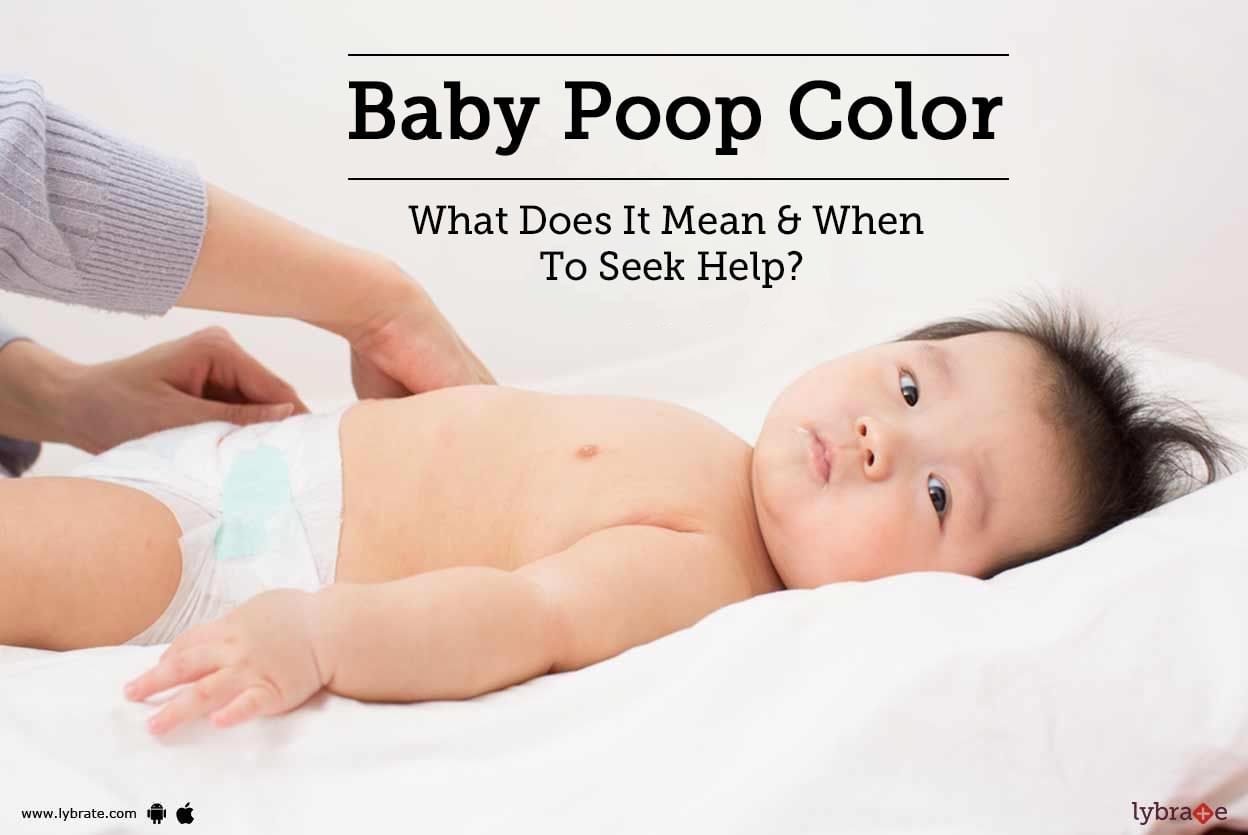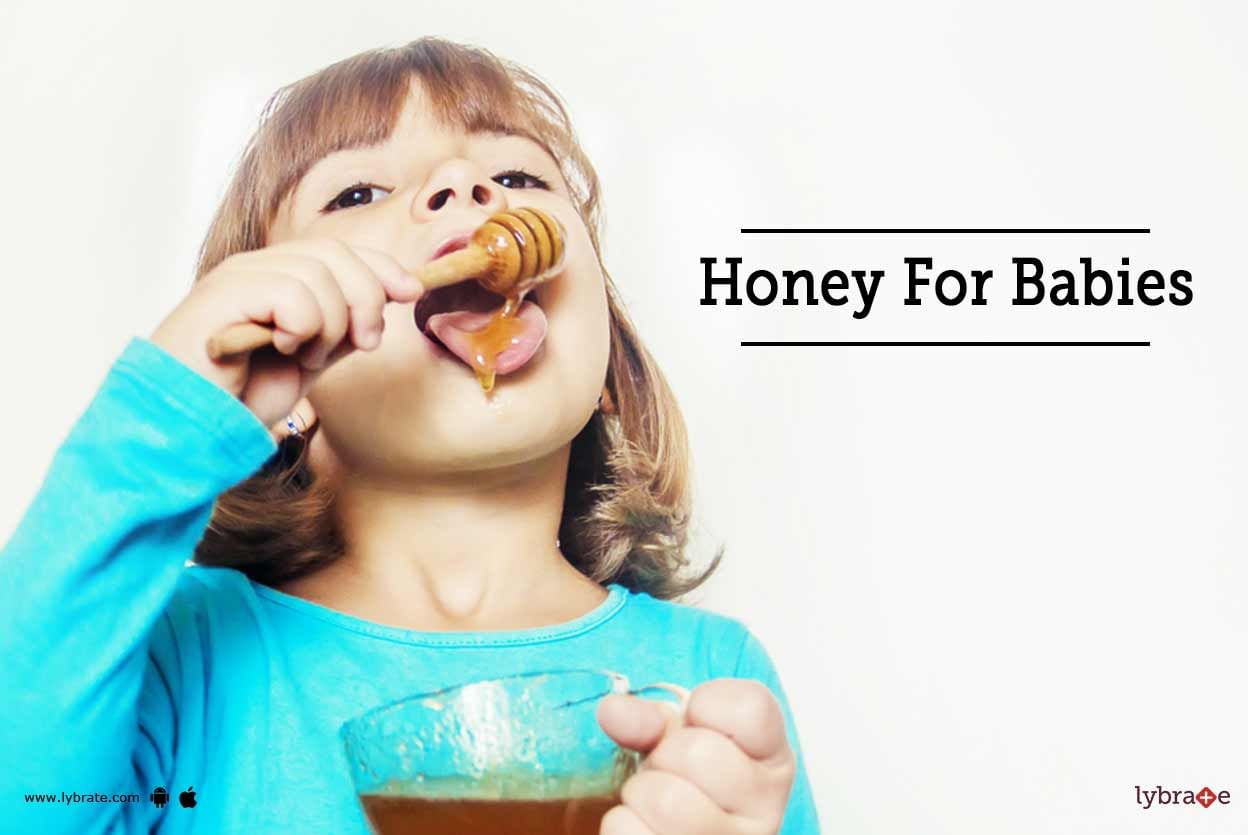Get the App
For Doctors
Login/Sign-up
About
Health Feed
Find Doctors
Health Packages
AllQ&AsTipsQuizzes
Caring for Infants (0-1 yrs) Tips
Last Updated: 3 years ago• Featured Tip
Share
Bookmark
Report
Pediatrician•Pune
Dr. Sushma Narayan
MBBS, Diploma in Child Health (DCH), Pediatric Gastroenterology-All India Institute of Medical Sciences
45 Years Experience 600 at clinic
For the past 45 years, he has provided compassionate medical care to children in the capacity of a paediatrician. In addition, he has experience treating children who suffer from complicated developmental abnormalities such as newborn jaundice, necrotizing enterocolitis, tetralogy of fallot, and other similar conditions.
...more
MBBS, Diploma in Child Health (DCH), Pediatric Gastroenterology-All India Institute of Medical Sciences
45 Years Experience 600 at clinic
For the past 45 years, he has provided compassionate medical care to children in the capacity of a paediatrician. In addition, he has experience treating children who suffer from complicated developmental abnormalities such as newborn jaundice, necrotizing enterocolitis, tetralogy of fallot, and other similar conditions.
...more
12 people found this helpful
Last Updated: 5 years ago• Featured Tip
Share
Bookmark
Report
Child nutrition from age 6 months to 5 years growth and development of a child depends on the nourishment received by the child right from birth. Healthy diet and proper eating habits are essential to be inculcated in a child as early as possible. A balanced diet given to the child at the earliest provides all nutrients required for adequate growth and development. Nutritional value of every food item introduced in the child s diet should be gauged prior and then given to the child.
Nut...more
Nut...more
Last Updated: 5 years ago• Featured Tip
Share
Bookmark
Report
Pediatrician•Salem
1. Myth - some food in the mother's diet will cause colic in the baby and should be avoided
Fact - the mother can eat any nutritious food that she is used to. It will not cause any health problems in the baby.
2. Myth - giving gripe water to the baby will help digestion
Fact - the baby's saliva and digestive juices will digest the breast milk completely. There is absolutely no need to give gripe water or any herbal products for digestion.
3. Myth - whenever a baby cries...more
Fact - the mother can eat any nutritious food that she is used to. It will not cause any health problems in the baby.
2. Myth - giving gripe water to the baby will help digestion
Fact - the baby's saliva and digestive juices will digest the breast milk completely. There is absolutely no need to give gripe water or any herbal products for digestion.
3. Myth - whenever a baby cries...more
Last Updated: 5 years ago• Featured Tip
Share
Bookmark
Report
Last Updated: 5 years ago• Featured Tip
Share
Bookmark
Report
Dear parents, skin rash in infants and older children is a common nagging problem which keeps recurring inspite of treatment. One of the commonest reasons is the presence of dry skin condition in the child. This can be treated with the use of appropriate moisturising emollients in the right dise for the prescribed period of time. Also frequent bathing can worsen the dry skin. Use a mild baby soap. Do not use scented oils nor talcum powders.
Last Updated: 5 years ago• Featured Tip
Share
Bookmark
Report
Hi dear parents, congrats to the parents that your infant is getting ready to take solid food. Its always doubtful for mothers when to start weaning i.e. when to start solid food to an infant.
According to Indian scenario the best time is when the baby is already 5 months old (it means baby has already completed 5 months and 6th month has started) and the appropriate food would be at the beginning, rice based diet and fruits. Mothers feed (breast milk) should be continued and you can first b...more
According to Indian scenario the best time is when the baby is already 5 months old (it means baby has already completed 5 months and 6th month has started) and the appropriate food would be at the beginning, rice based diet and fruits. Mothers feed (breast milk) should be continued and you can first b...more
Last Updated: 5 years ago• Featured Tip
Share
Bookmark
Report
As a new mother, you will be always in a constant state of worry whether you are doing things right. And of those many, many things you worry about, your baby s bowel movements are one of them.
A baby s poop is a sign of his/her health. Thus, you do need to know what is normal and what needs medical attention. Read on to know more about your baby s poop.
What s Normal?
The kind of poop depends on how you are feeding your child. If you breastfeed the baby, his/her poop ...more
A baby s poop is a sign of his/her health. Thus, you do need to know what is normal and what needs medical attention. Read on to know more about your baby s poop.
What s Normal?
The kind of poop depends on how you are feeding your child. If you breastfeed the baby, his/her poop ...more
Last Updated: 5 years ago• Featured Tip
Share
Bookmark
Report
Infantile spasm is a seizure-related disorder that is witnessed among infants and young children. The average age for getting affected with infantile spasm is four months, but some kids might experience this disorder within a month of the birth. This disease can have a subtle appearance, and as such, it is difficult to recognize as a serious condition. While a full seizure in an adult is scary, the one observed among infants can be as little as a minor head drop, along with minor body shakes. Th...more
Last Updated: 5 years ago• Featured Tip
Share
Bookmark
Report
Ayurveda is a life science that has been around for centuries. There are many treatments and medications in Ayurveda that improve the way of life. One such powerful method that increases the immunity in children is suvarnaprashan.
We live in a world where we are surrounded by chemicals be it in food, water or air. With the erratic changes in the climate and our lifestyle need a lot more care than before; giving Suvarnaprashan to your children is one way the parents can ensure that their...more
We live in a world where we are surrounded by chemicals be it in food, water or air. With the erratic changes in the climate and our lifestyle need a lot more care than before; giving Suvarnaprashan to your children is one way the parents can ensure that their...more
Last Updated: 5 years ago• Featured Tip
Share
Bookmark
Report
Bachelor of Ayurveda, Medicine and Surge...read more
Ayurvedic Doctor•Lakhimpur Kheri
Honey is an age-old treat for both babies and adults and elevates a person s mood. Introducing your baby to any new food is one of the most exciting phases of parenthood.
Mild and unpasteurized honey is a powerhouse of nutrients and offers ample health benefits, making it ideal for babies.
Honey is a great medicinal supplement for treating cough and infections in babies. It keeps the digestive tract clean and also prevents diarrhea. Apart from serving raw honey to your babies, ...more
Mild and unpasteurized honey is a powerhouse of nutrients and offers ample health benefits, making it ideal for babies.
Honey is a great medicinal supplement for treating cough and infections in babies. It keeps the digestive tract clean and also prevents diarrhea. Apart from serving raw honey to your babies, ...more
Book appointment with top doctors for Caring for Infants (0-1 yrs) treatment
View fees, clinic timings and reviews
Ask a free question
Get FREE multiple opinions from Doctors
posted anonymously


